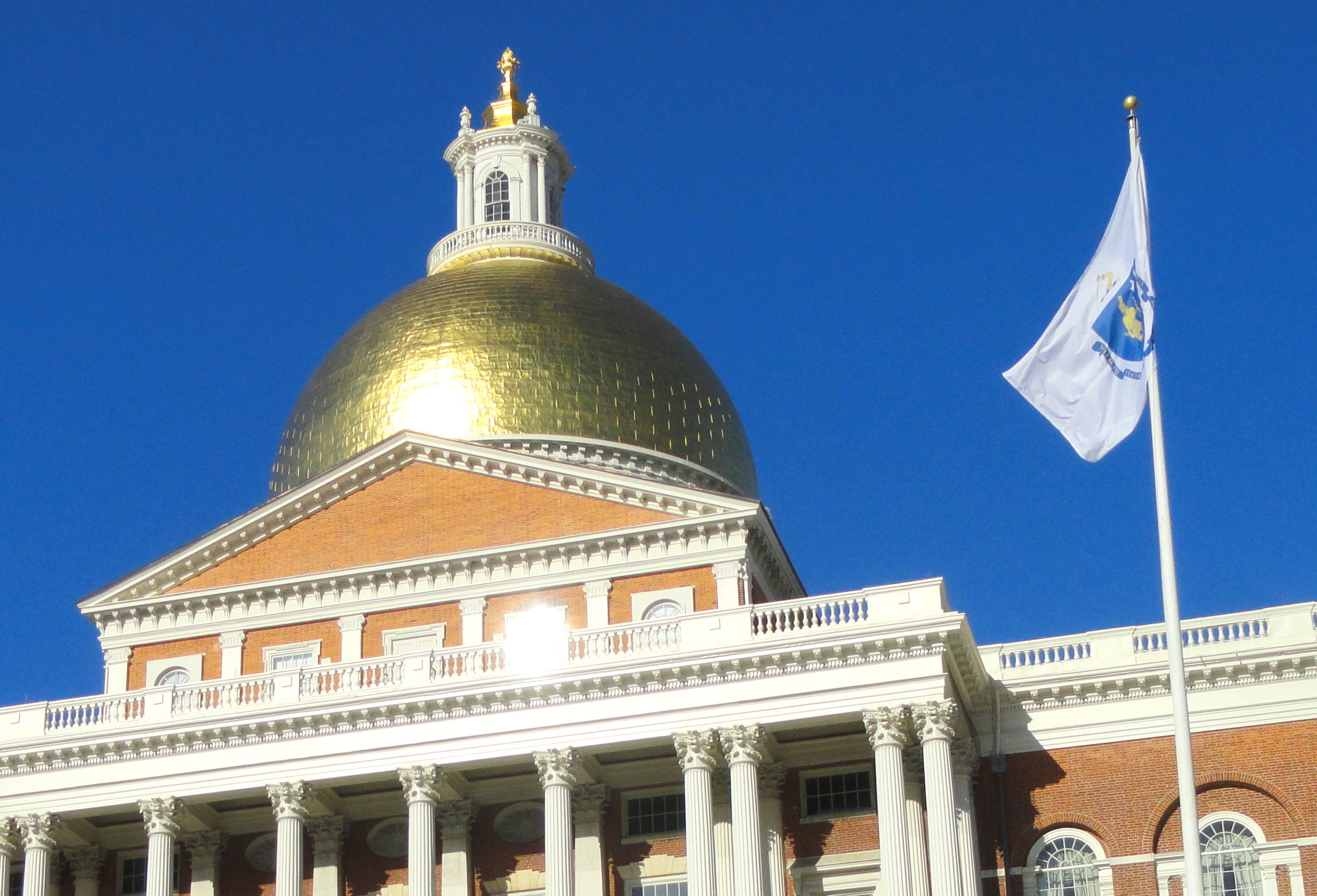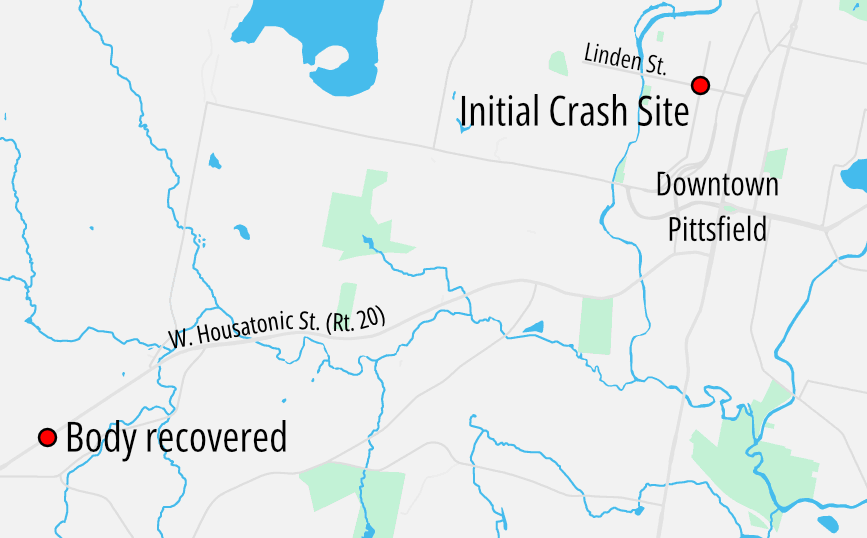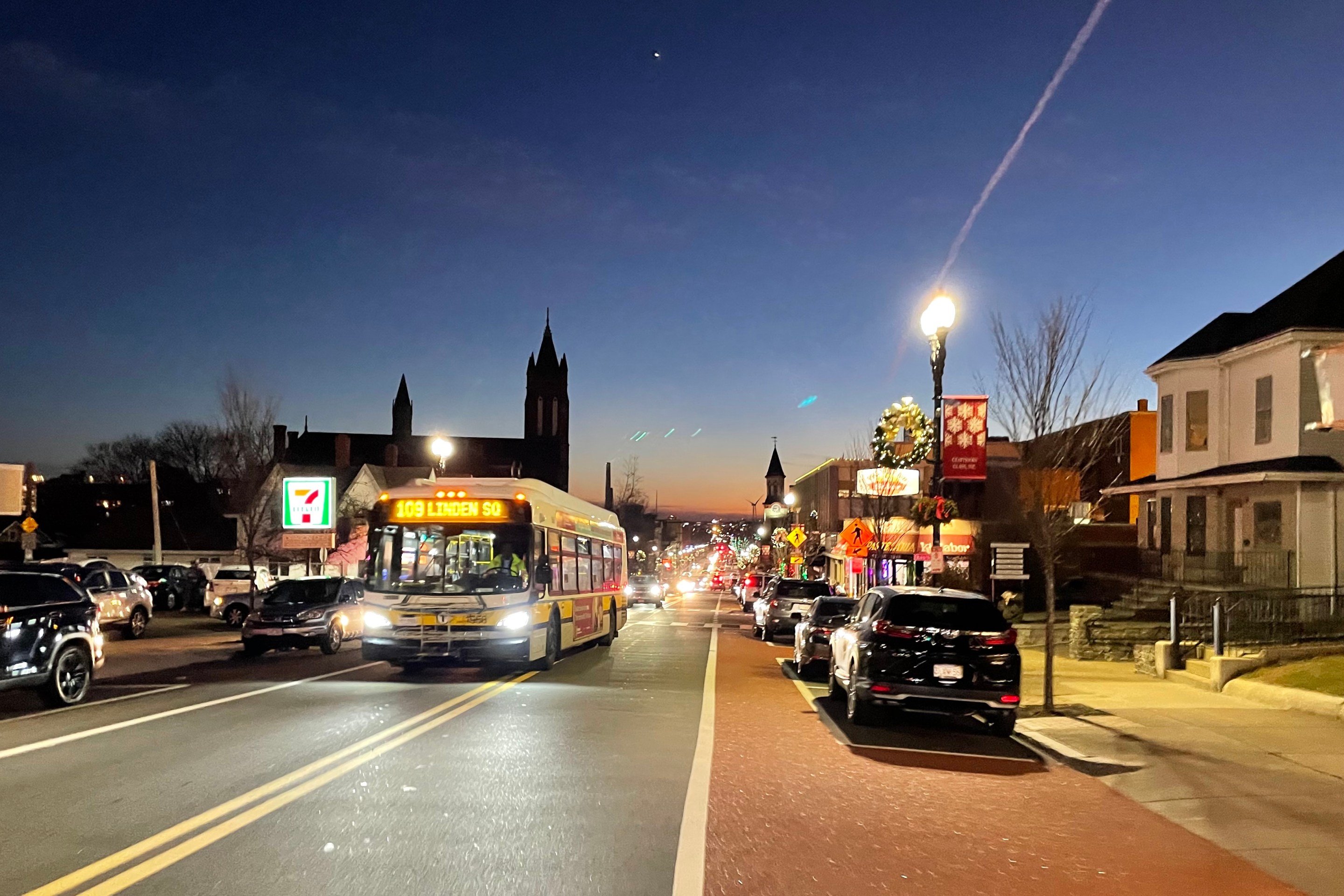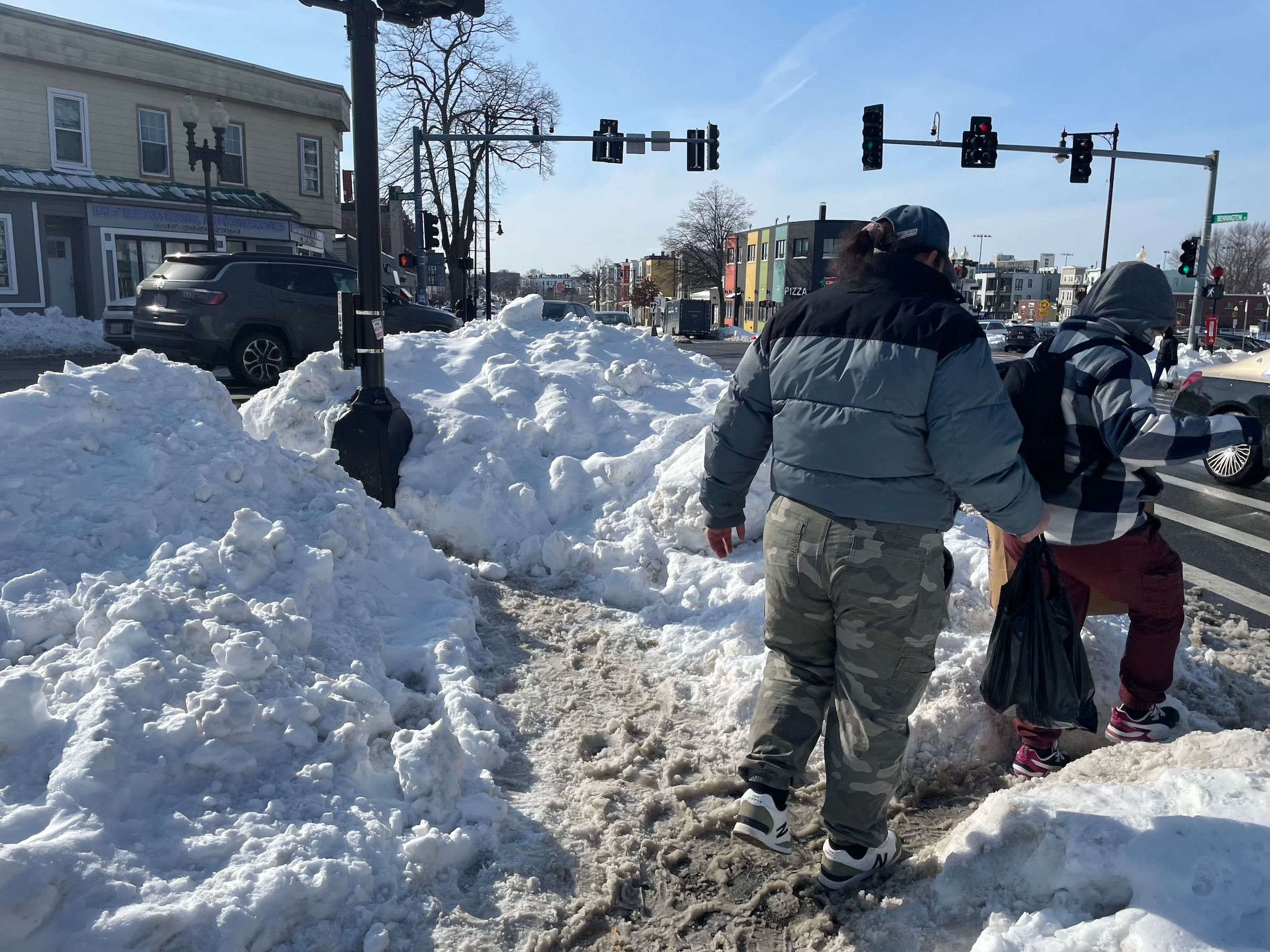The Senate has passed a significant new bond bill that would authorize over $17 billion in new debt to pay for major construction projects – but the new legislation would not generate new tax revenues that could pay for that debt, or support the state's struggling transit agencies in their annual operating budgets.
The bill's initial draft would have authorized about $16.9 billion in new debt and spending, including about $9 billion for highways and bridges, $5.5 billion for MBTA projects (with major earmarks included for the South Coast Rail commuter rail project, the Green Line Extension, and South Station upgrades), and $330 million for other regional transit authorities.
Those figures will be significantly larger after the total costs are tallied from over 200 amendments that were approved during the Senate's session this afternoon, most of which passed without debate.
A number of those additional amendments will fund incremental improvements towards the electrified "regional rail" system that the MBTA board endorsed late last year.
The Senate cleared several amendments that will fund time-saving level-boarding platforms at specific stations, plus earmarks of $200 million to electrify and upgrade the Newburyport/Rockport line between North Station and Beverly, and $85 million for double-tracking and station improvements on the Haverhill line.
But a more ambitious amendment for regional rail funding, which would have committed $350 million to electrify the Fairmount and Providence lines in addition to the line to Beverly, failed to make the cut.
Jarred Johnson, Chief Operating Officer of TransitMatters, wrote in an email Thursday evening that he was "disappointed that the Senate chose not to commit to regional rail," particularly for the improvements to the Fairmount and Providence lines that the MBTA board endorsed last year.
"Regional rail is not about one line, it's a total transformation of the network," wrote Johnson. "The Fiscal Management and Control Board acted boldly last year, we hope that the Conference Committee will add language that makes commits the state to the region-wide investments we need to transform our Commuter Rail network.
In addition to its spending commitments, the Senate bill also adopts several significant policy measures, including decriminalizing fare evasion on the MBTA, letting municipalities levy their own local tax surcharges to help fund transportation projects, establishing "a special commission on roadway and congestion pricing," and setting a Dec. 31, 2021 deadline for MassDOT to propose a fairer toll pricing regime for interstate highways.
The legislation would also grant the MBTA's request to use bond funds to pay workers who are planning and administering construction projects like the Green Line Extension and regional rail upgrades, thus freeing up some money for the T's cash-strapped annual operating budget.
On Thursday, the Senate adopted an amendment that will formally classify e-bikes and scooters, and regulate their use on bike paths – a technical update to state law for which advocates from MassBike have been lobbying.
Advocates had hoped that the amendment process would be an opportunity to add provisions for new revenue: Chris Dempsey, Director of Transportation for Massachusetts, told StreetsblogMASS on Monday that he was "still hopeful that some new financial resources could come out of the conference committee after this bill gets passed."
But during debate Thursday afternoon, Senators rejected or withdrew most of their revenue-raising proposals, including amendments that would have imposed higher fees on Uber and Lyft rides, created a congestion pricing pilot program, and authorized cities and towns to levy new taxes on large commercial parking lots and garages.
In an email after the bill's passage on Thursday evening, Dempsey called the final legislation "disappointing" and "a missed opportunity for Senators to advance policies that would improve commutes, reduce tailpipe emissions, address embedded inequities, and fix a woefully inadequate transportation system."
The Senate's legislation still needs to be reconciled with an $18 billion borrowing package that the House approved in March, before the pandemic, and then signed by the Governor.






